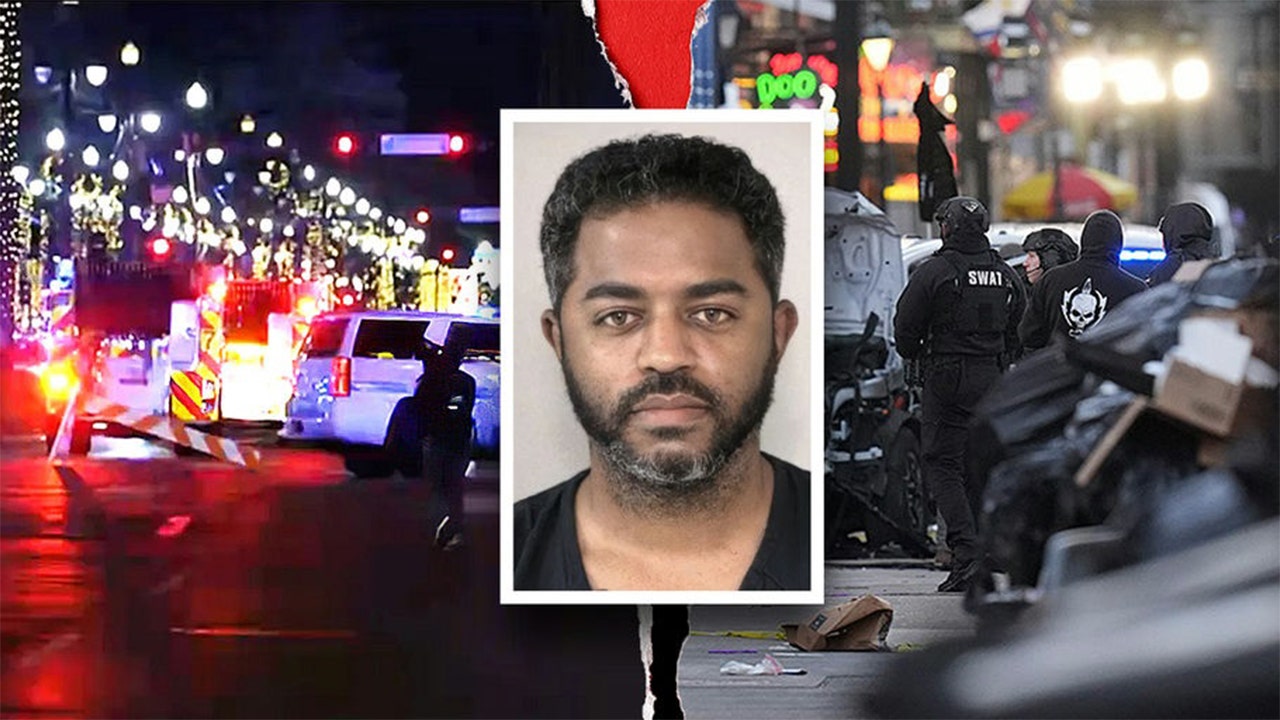New Orleans terrorist radicalized by ISIS online within weeks, FBI director says

The New Orleans terrorist attack carried out by Shamsud-Din Jabbar has shocked the nation, with FBI Director Christopher Wray revealing that the attacker was radicalized by ISIS online “within weeks.” The tragic incident took place on New Year’s Day when Jabbar plowed a rented Ford F-150 truck through a crowd celebrating on Bourbon Street, killing 14 civilians before engaging in a shootout with police.
Wray described the threat posed by individuals like Jabbar as one of the most challenging faced by law enforcement, noting that these terrorists can become radicalized quickly and carry out deadly attacks with crude methods. He emphasized the difficulty in detecting and preventing such attacks, as there are often few warning signs or dots to connect before it’s too late.
Jabbar, a Texas native and Army veteran, had a troubled past marked by financial struggles and missed child support payments despite holding a lucrative job. He had traveled to Cairo, Egypt, and Ontario, Canada, in the months leading up to the attack, raising concerns about his intentions.
In the days before the attack, Jabbar visited New Orleans twice and used Meta smart glasses to record videos of the French Quarter. On December 31, he rented the truck in Houston and checked into an AirBnb in New Orleans, where authorities later found bomb-making materials and evidence of a fire that Jabbar likely started to cover his tracks.
Wray highlighted the growing trend of lone wolf attacks inspired by online radicalization, citing another recent case where a Pakistani citizen was arrested for planning a mass shooting at a Jewish center in Brooklyn. Despite acting alone in the New Orleans attack, authorities are still investigating whether Jabbar had any accomplices.
As the FBI continues to investigate the tragedy, the victims of the Bourbon Street attack seek justice while the nation grapples with the ever-present threat of terrorism. The incident serves as a stark reminder of the dangers posed by individuals radicalized online and the challenges faced by law enforcement in preventing such attacks.




